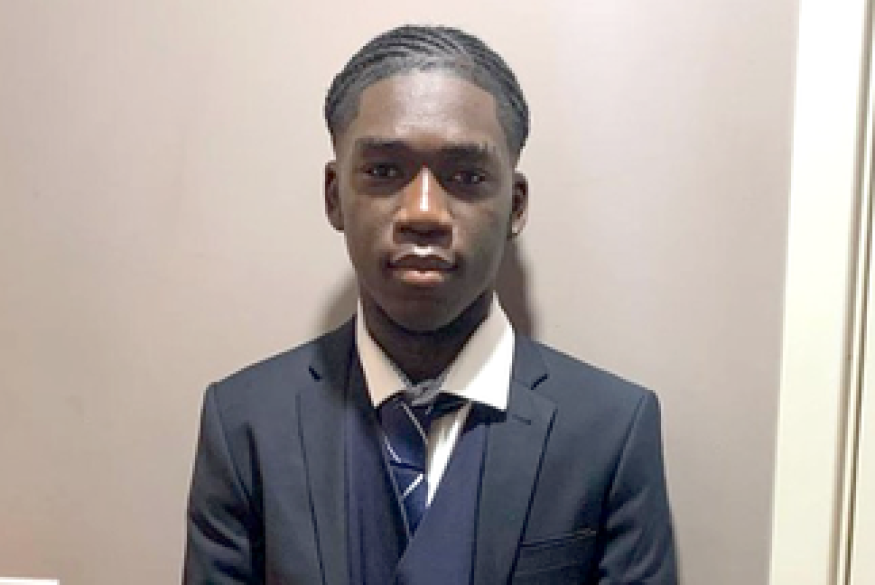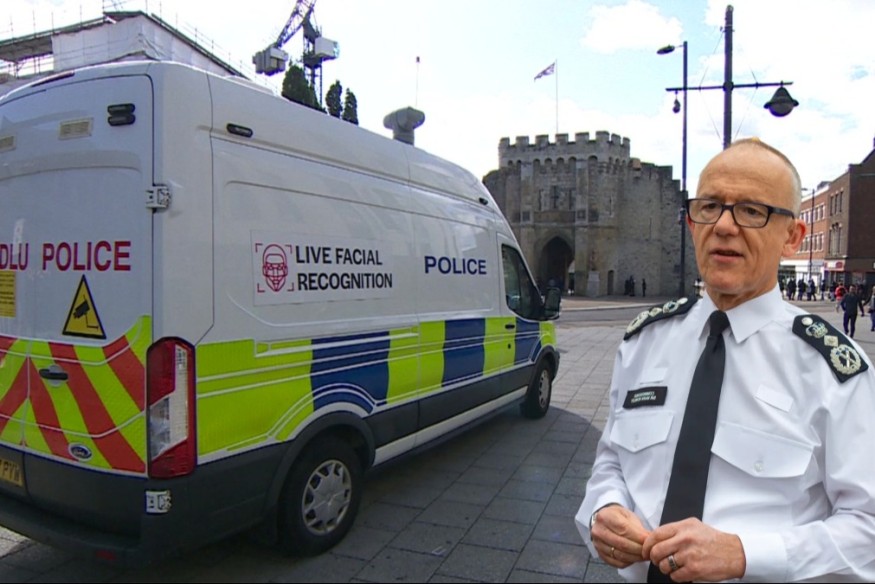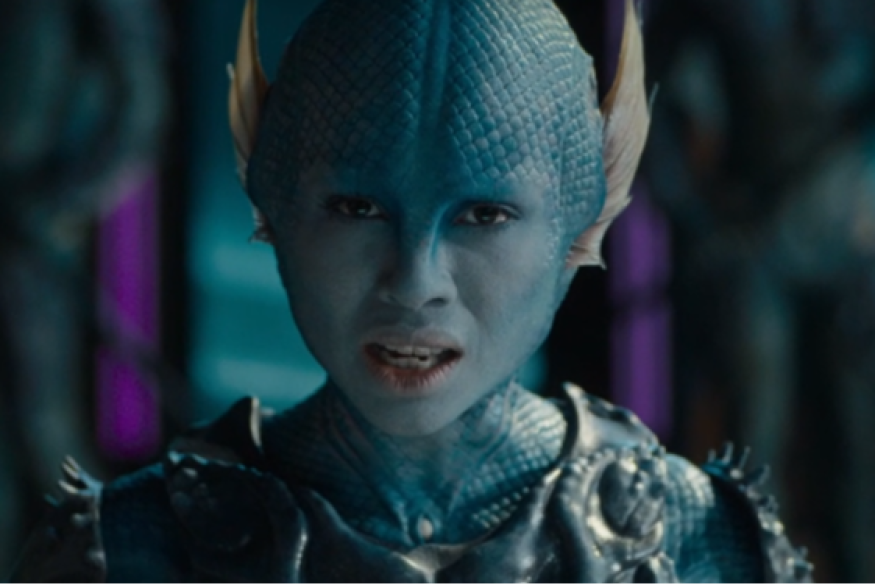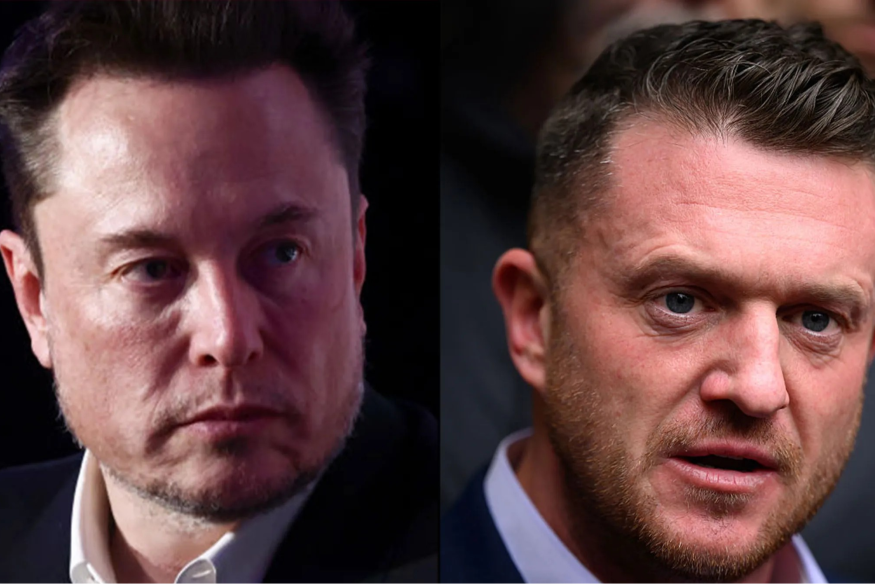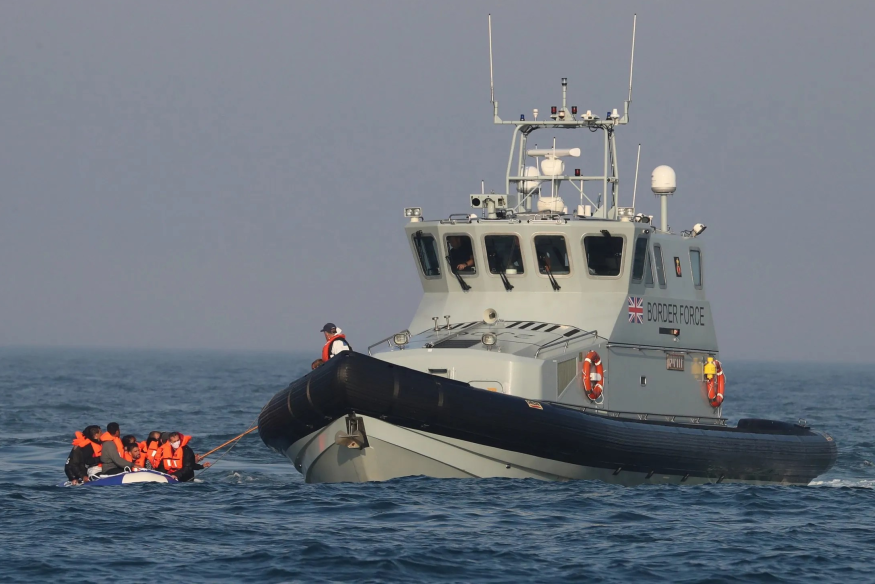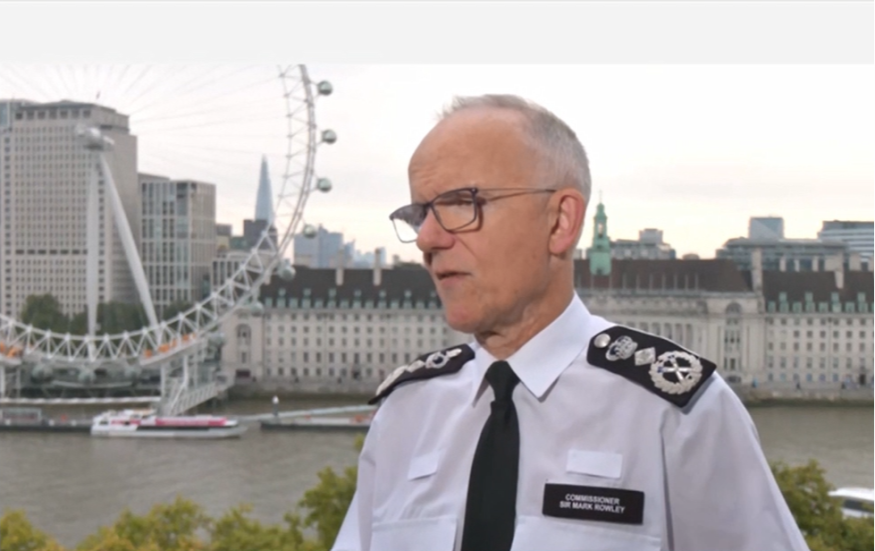
October 02, 2025
For decades, Freemasonry has operated in the shadows of British policing—shielded by tradition, ignored by oversight, and whispered about in corridors where transparency should reign. Now, the Metropolitan Police is breaking ranks with its own history.
In a rare and explosive admission, Met Police Commissioner Sir Mark Rowley has confirmed that Freemasonry is not just a ceremonial relic—it’s a live threat to institutional integrity. “We have information intelligence that tells me we do need to confront it,” Rowley said. “I see evidence of it being linked to misconduct. I see evidence of it linked to expectations of favouritism and favourite treatment.”
Advertisement
???? BREAKING Met Police Commissioner Sir Mark Rowley admits Freemasonry is linked to misconduct, favoritism & secrecy. A draft policy to confront it is coming—but why did it take decades? Daniel Morgan’s ghost is watching. #Freemasonry #MetPolice #TransparencyNow #BBC #Panorama pic.twitter.com/fd1PM0rz05
— Jam Radio UK News (@Jam_RadioUK) October 1, 2025
Rowley’s forthcoming draft policy, set to take effect within weeks, will classify Freemasonry as a declarable association. Officers will be required to disclose their membership in secretive fraternal networks—an unprecedented move that could expose long-standing allegiances previously hidden from public view.
Advertisement
This shift follows years of investigative pressure, parliamentary recommendations, and internal unrest. Yet the timing is no coincidence. Recent footage from BBC Panorama revealed serving Met officers making racist and misogynistic remarks, prompting former Detective Superintendent Shabnam Chaudhri to declare, “I feel so ashamed that I was a police officer.”
In 1987, private investigator Daniel Morgan was found murdered in a Sydenham car park with an axe embedded in his skull. He had been investigating police corruption. His death remains unsolved.
Five botched investigations, multiple arrests, and zero convictions later, the case stands as a monument to institutional failure. One of the original detectives, Sid Fillery, was later revealed to have undisclosed ties to Morgan’s firm 6and replaced him after retiring from the Met.
Advertisement
In 2021, the Daniel Morgan Independent Panel concluded the Met was “institutionally corrupt,” prioritizing reputation over justice. Rowley himself later admitted the case was “marred by a cycle of corruption, professional incompetence and defensiveness.”
Morgan’s murder wasn’t just a tragedy—it was a warning. A warning ignored.
Freemasonry’s influence in UK policing has long been suspected of shielding misconduct and distorting accountability. The Daniel Morgan case exposed how secret affiliations can derail justice. Today’s policy shift is a tacit admission: the Met can no longer afford to protect the Lodge over the law.
“Nobody’s confronted this in the past,” Rowley admitted. “The sense that people are part of secret networks undermines the trust of others in the organisation.”



